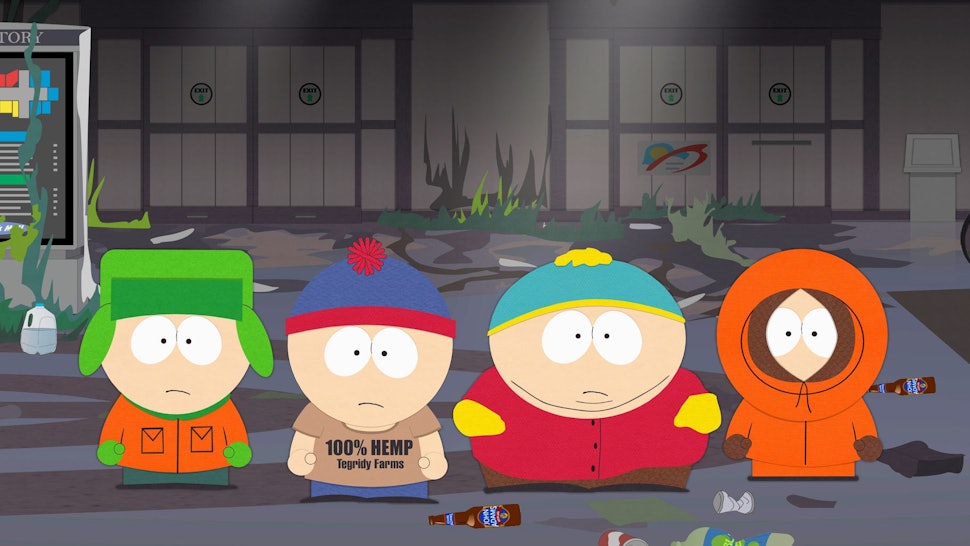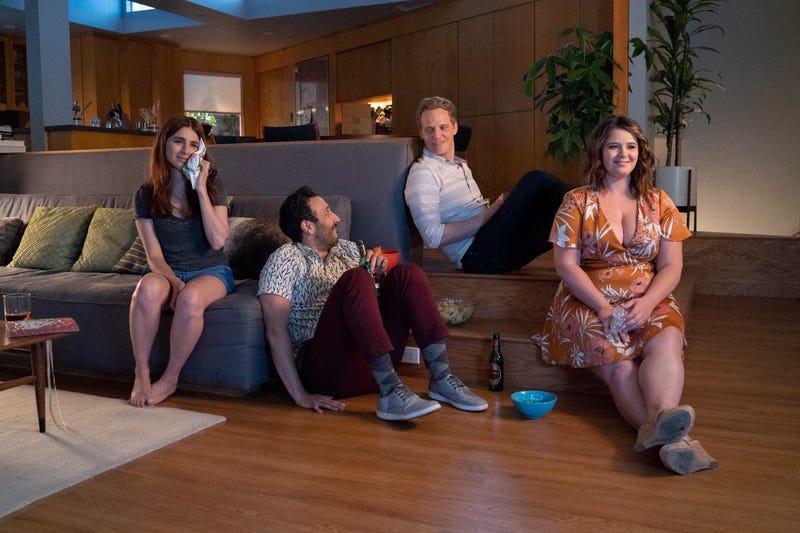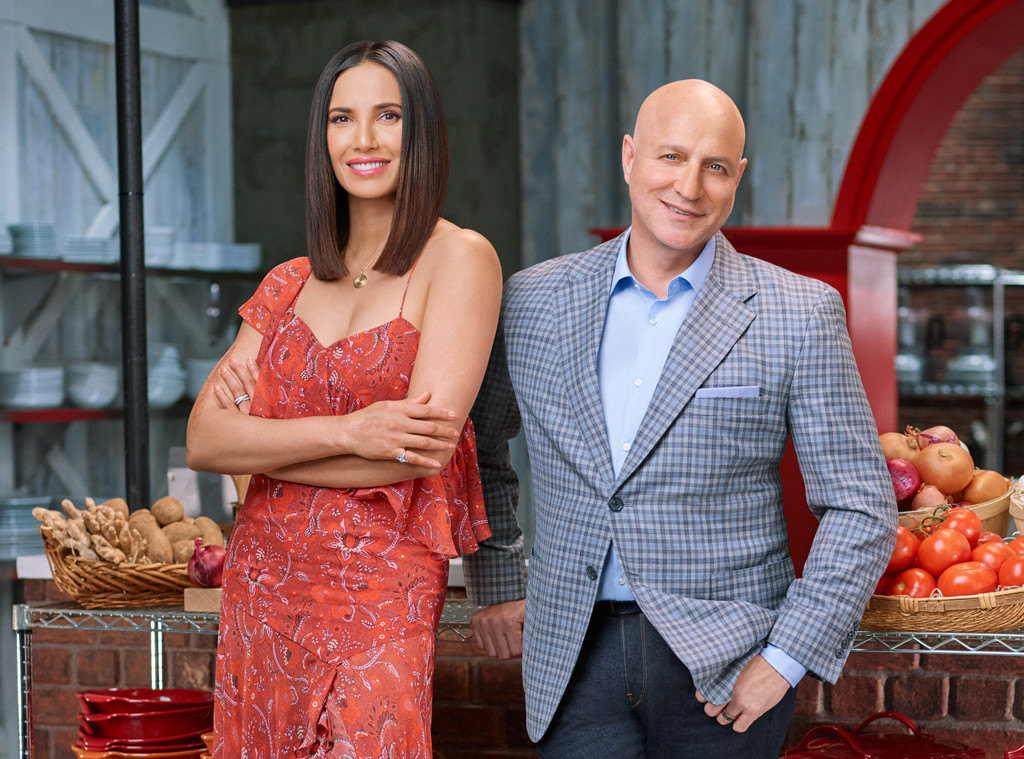First off, this site is typically reserved for my non-baseball writing. However, I'd rather keep this one off of Sox Machine.
Earlier this week
I made a tweet that caused a bit of a ruckus. The gist of the tweet was that although things turned out OK for the White Sox when Paul Konerko was traded for Mike Cameron, the Reds got the better end of the deal. The tweet was poorly worded, which led to the ensuing stir.
After some discussion, I wish I could have changed how I framed my point. Here are my core beliefs about that trade:
- The Cincinnati Reds acquired the better asset (5 years of Cameron vs. 7 years of Konerko), and the better player, and it's not particularly close.
- (Somewhat amending the language in the tweet) The White Sox benefited more from the trade than the Cincinnati Reds.
Let's start with assertion #1, because this was unexpectedly the controversial part. I understand that there are people out there that don't like WAR as a stat. Some such folks go about this dislike in the correct way, essentially ignoring WAR and continuing to enjoy baseball without needing or wanting to view it through a sabermetric lens. Then there are others who will yell into the ether when WAR spits out a number that paints a player they like in a less favorable light. That's when we hear that WAR is "biased" or "stupid" or "unfair" or "isn't everything".
The reason WAR is useful is that it tries to level the playing field across players who field different positions and have different skill sets. Specific to this discussion, it was pointed out to me (many, many times) that Paul Konerko is a better hitter than Mike Cameron. In the years of control that exchanged hands in the deal (and for their careers as a whole), that's certainly correct. Konerko averaged close to 30 homers per season, while Cameron was closer to 20. If we look at OPS+:
Konerko, 1999-2005: 118
Cameron, 1999-2003: 110
So yes, Konerko was certainly a better hitter than Mike Cameron, both over the course of their careers and specific to the years that were traded in the deal. It is notable, however, that they aren't light-years apart in this regard (unless you look at career counting stats, which favor Konerko's longer and healthier career).
So why does the ledger tilt in favor of Cameron? There's three principal ways: baserunning, defense, and defensive position.
Baserunning is obvious. Konerko was one of the worst runners in the game over the course of his career. He was bad at taking the extra base, and was consistently a GIDP candidate. Cameron was a good runner who stole bases with efficiency and frequency. In 2002 and 2003, Cameron had more than a 1.0-win edge on Konerko -- just from running.
With regards to defense, any Sox fans can recount how great Konerko was at picking throws out of the dirt. He was damn good at it. There's no question about it. He didn't have good range, but he was responsible for saving some throwing errors from his teammates. Overall, I'd say in his younger days, Konerko was probably decent-to-good at first base. Cameron, however, was one of the best defensive center fielders of his generation. It's easy for a White Sox fan to appreciate Aaron Rowand's incredible defense (he was Cameron-like in 2004 and 2005) in center and consider it very valuable. The same argument benefits Cameron's case here.
Finally, defensive position is another one. I hear frequently that "WAR puts 1B at an unfair disadvantage". Whether the quantity of the defensive adjustment is fair is up for debate, but it's certainly fair and correct to penalize someone for playing an easier defensive position than someone else when we're comparing the two players. It'd be easier to find a replacement first baseman that can hit than a replacement center fielder.
For these reasons, WAR prefers Cameron to Konerko by a healthy margin, despite Konerko's advantages as a hitter.
Now, let's turn to the second part of the discussion. It's rare that a team makes out better in a trade when acquiring the inferior asset. Here is what was specifically dealt between the White Sox and Reds:
Player A is obviously Konerko and Player B is obviously Cameron, but let's take the names and context out for a second. In a vacuum, it is a really, really, really bad idea to trade Player B for Player A. That's the sort of trade that could significantly contribute to a general manager getting fired.
So how can a team make out better when getting Player A in that exchange? The specific scenario requires Year 1 - Year 5 to essentially be nothing of consequence, and then you need to have big success in either Year 6 or Year 7 (beyond the control horizon of Player B). That's exactly what happened here. The Sox stagnated (aside from a brief playoff appearance in Year 2, against Cameron's Mariners, no less!). Then, after Cameron would have already hit free agency. Konerko helped the team win a World Series in Year 7.
Notice how much coincidence went into this. The Sox didn't deal Cameron (a long-term asset) for Konerko (another long-term asset) in 1998 with eyes on competing specifically in 2004 and 2005. It just so happened that their annual strategy of assembling a roster just good enough to be interesting hit the variance lottery in 2005. The stars aligned, and a great team emerged where most didn't expect it. In addition to Konerko coincidentally having easily his best season in 2005, the Sox surrounded him with many pitchers who had career years, forming the best pitching staff in baseball. Their mid-tier free agents paid off as well to form an offense with just enough power to carry that team to a title.
The 2005 White Sox could have fallen apart for many reasons outside of Paul Konerko's control. Maybe their starting pitching struggles in the ALCS, leading to a series loss. Maybe they don't catch lightning in a bottle on several relief pitchers with otherwise unremarkable careers that made for one of the deadliest bullpens we've seen. The team could have easily not won the World Series in 2005, and Paul Konerko may have gone down as a respectable player in the team's history rather than a White Sox legend.
Of course, that's all revisionist and hypothetical. The Sox won it all with Konerko. He's rightfully celebrated for his prominent role in the greatest team we've ever had the pleasure of watching. For that reason, we don't regret the trade that brought him here for a second. In the case of Konerko vs. Cameron, "WAR doesn't tell the whole story" is actually a true statement. It does tell us -- rather definitively -- which asset was more valuable (in a vacuum) and which player was better. But it doesn't tell us which team benefited the most from that trade. The team that benefited the most, thanks to a wonderful combination of coincidence, luck, and baseball magic, was undoubtedly the White Sox.

/cdn.vox-cdn.com/uploads/chorus_image/image/65574577/BoJack_Horseman_S06E01_12m1s17305f.0.jpg)












